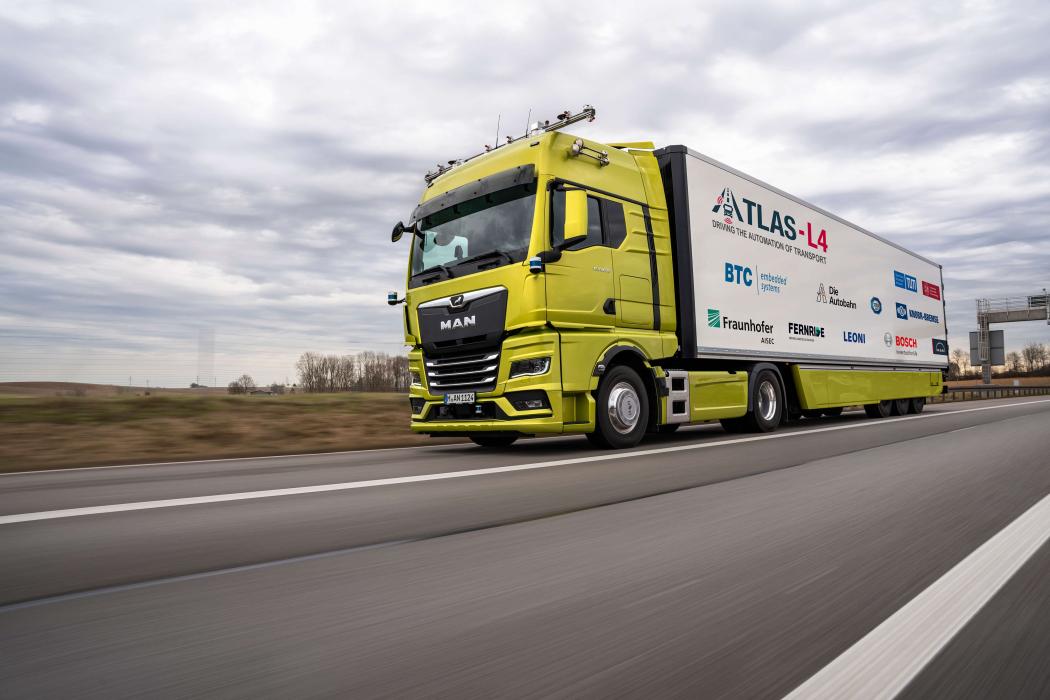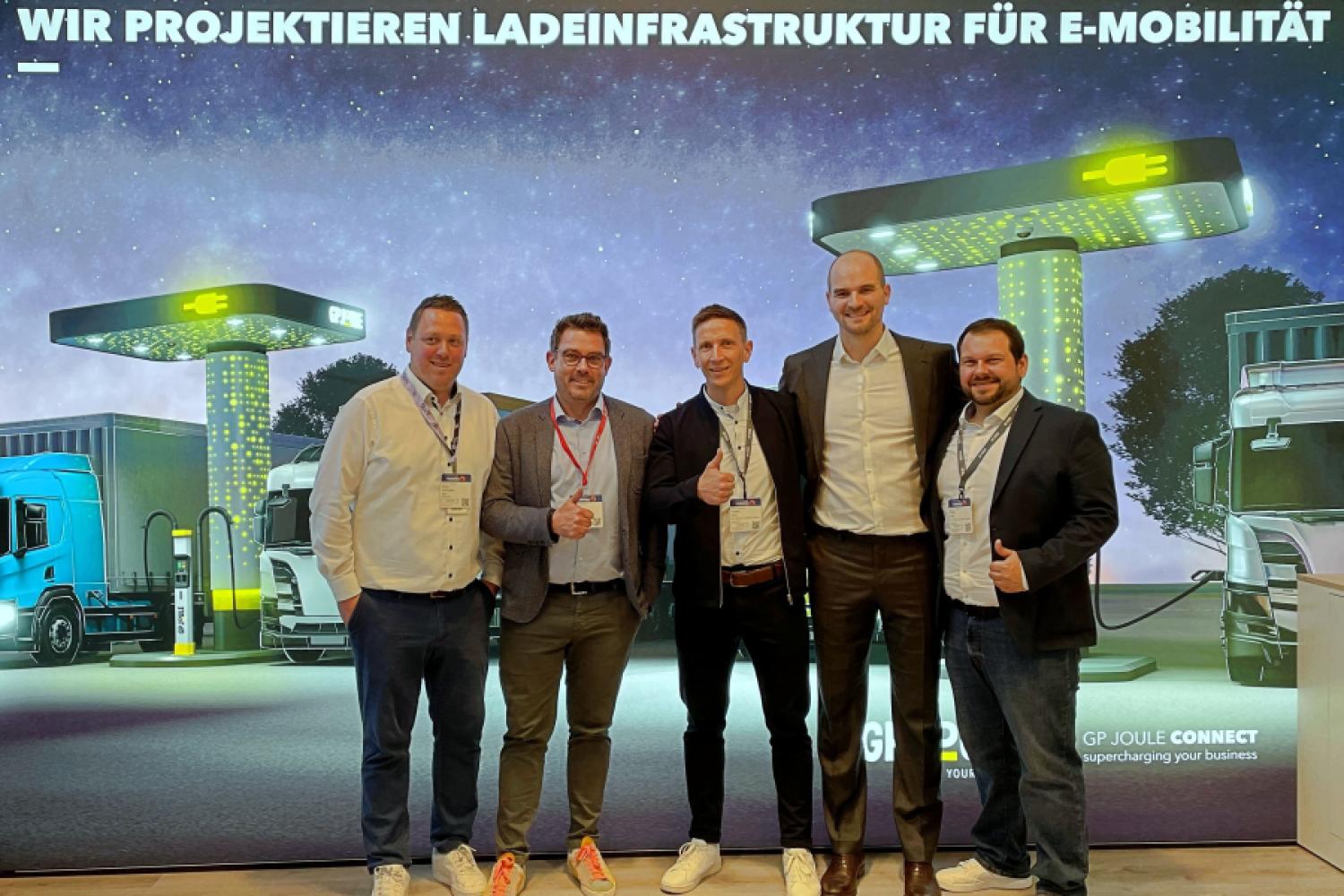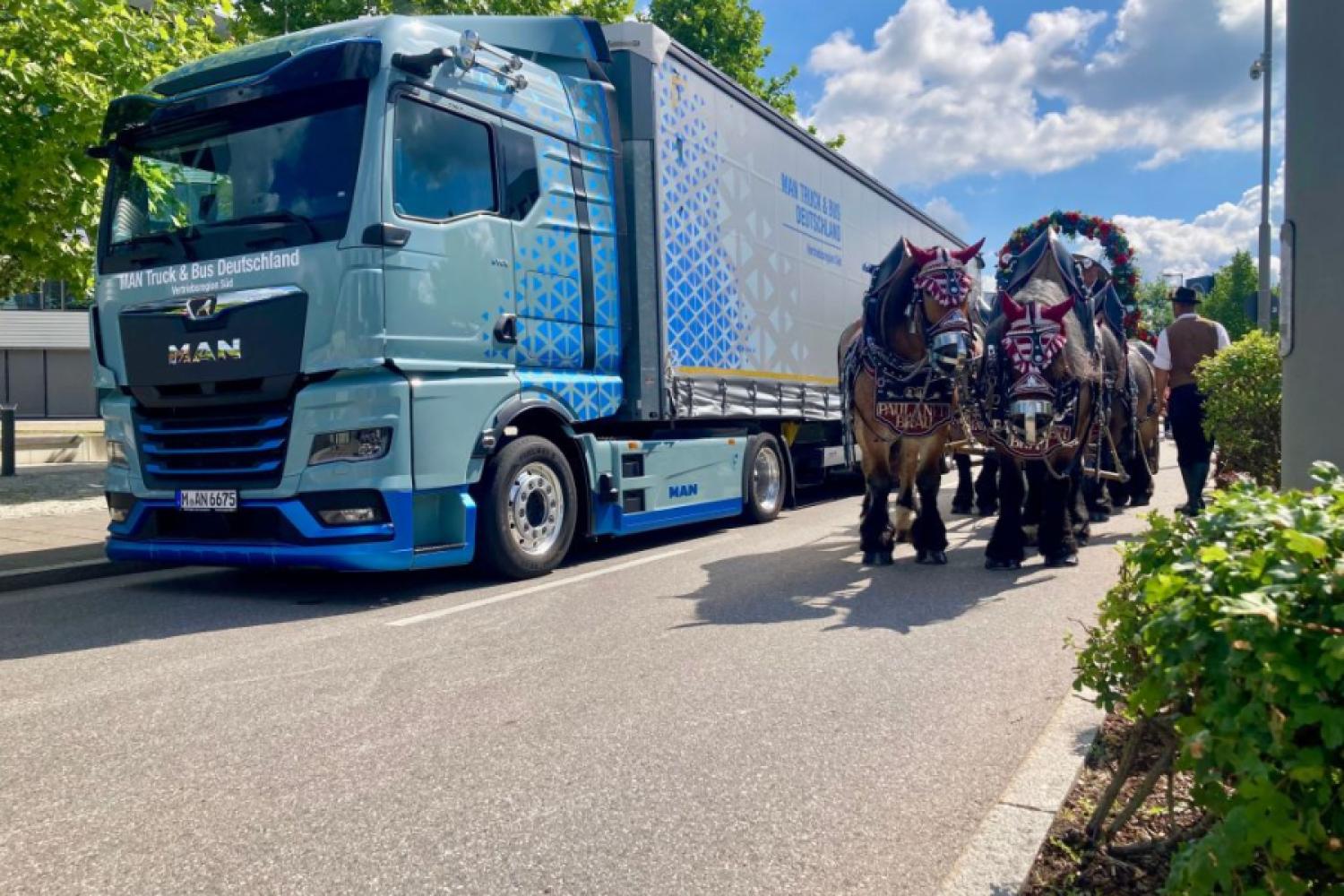The future of driving is increasingly taking concrete shape. Autonomous vehicles, AI-controlled systems, and connected infrastructures are fundamentally changing the logistics industry. To ensure that technological progress does not become a security risk, the TÜV Association has now presented a position paper with a seven-point plan for safe digital mobility. The demand: adaptive regulation that keeps pace with technological development.
"The goal must be to quickly bring vehicles with higher levels of automation onto the road, but under clear safety and cybersecurity guidelines," emphasizes Richard Goebelt, Head of the Vehicle & Mobility Division at the TÜV Association.
Accordingly, autonomous driving functions could not only relieve inner-city traffic but also offer real added value in logistics—provided the legal framework is clear and the technology verifiably safe.
Targeted use of autonomous vehicles in freight transport
As a starting point, the TÜV Association recommends deploying autonomous vehicles where they already function under controlled conditions: on factory
premises or clearly defined hub-to-hub connections between logistics centers. These could be supplemented by so-called "Automated Driving Corridors." In these areas of limited complexity, automated systems could be tested under real conditions, standardize testing processes, and further develop legal requirements based on robust data. In this way, trust in the technology can grow without compromising safety.
Avoid regulatory gray areas
A glance at the USA shows where a lack of regulation can lead, argues the TÜV Association. The latest robotaxi pilots demonstrate that a purely market-driven impulse without transparent rules and technical oversight leads to security gaps and acceptance problems.
"We see that a lack of access for regulatory bodies to real-time data and software changes obscures the view of the actual risk situation," says Goebelt.
To prevent similar developments in Europe, the association calls for uniform rules for vehicle-generated data, independent testing of safety-critical AI systems, and a powerful testing infrastructure throughout
the vehicle lifecycle.
Goebelt makes it clear: "The regular operation of Level 4 vehicles will only become a reality if legal frameworks, technical standards, and independent testing bodies speak the same language."
Safety as a prerequisite for trust
From the TÜV Association's perspective, societal acceptance of autonomous systems primarily depends on their demonstrable safety.
"Without safety, there is no trust—and without trust, there is no acceptance for autonomous mobility," says Goebelt.
People must be assured that new technologies not only function but are also controllable. This requires reliable rules and independent testing procedures.
In Germany, the Autonomous Vehicles Approval and Operation Ordinance (AFGBV) already provides a comprehensive legal framework. It regulates, among other things, the two-stage approval for vehicle type and operational area. However, production vehicles and sufficient everyday experience are still lacking. At the European level, important legal foundations already exist with the Cyber Resilience Act, the AI Act, and the Data
Act. What is crucial now is to apply these rules in concrete projects and to quickly incorporate the insights gained into standards and testing procedures.
Appeal to Europe: Harmonize testing procedures
Another key point of the position paper is the call for stronger European coordination. Unified approval procedures, binding safety requirements, and the establishment of cross-border testing corridors should help accelerate the introduction of autonomous vehicles on the continent.
Goebelt emphasizes: "Germany and Europe must actively shape the introduction of autonomous vehicles—with clear rules, reliable testing processes, and an innovation-friendly administration."
The full position paper titled "Digital Car—Safety, Efficient Regulation, and Independent Testing" is available on the TÜV Association's website. Interested parties can also find information there about the digital event "Autonomous Driving for Everyone?" on June 27, 2025. As part of the Digital Day, the association aims to discuss societal participation, political frameworks, and the state of technology in Germany with experts.






